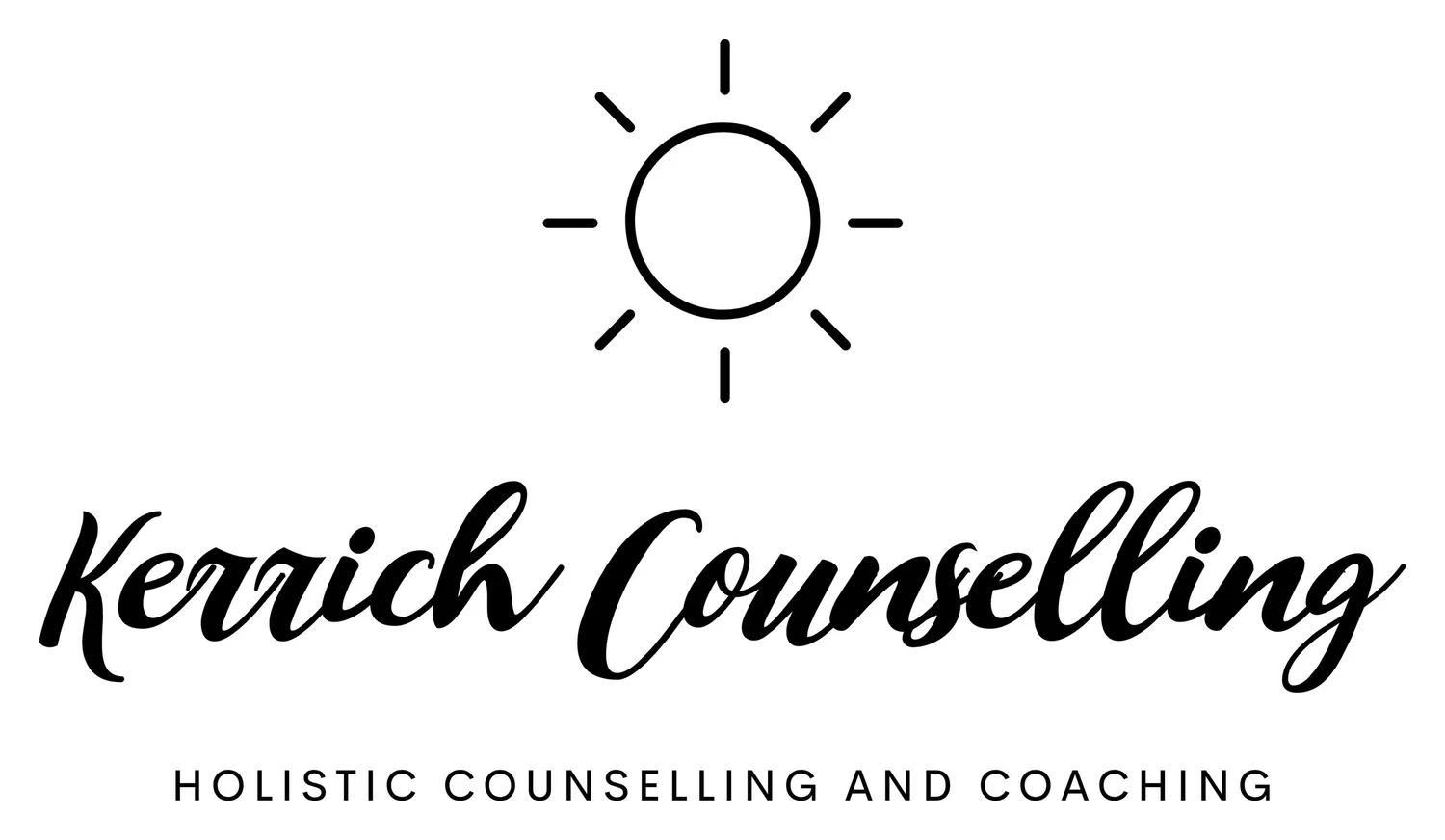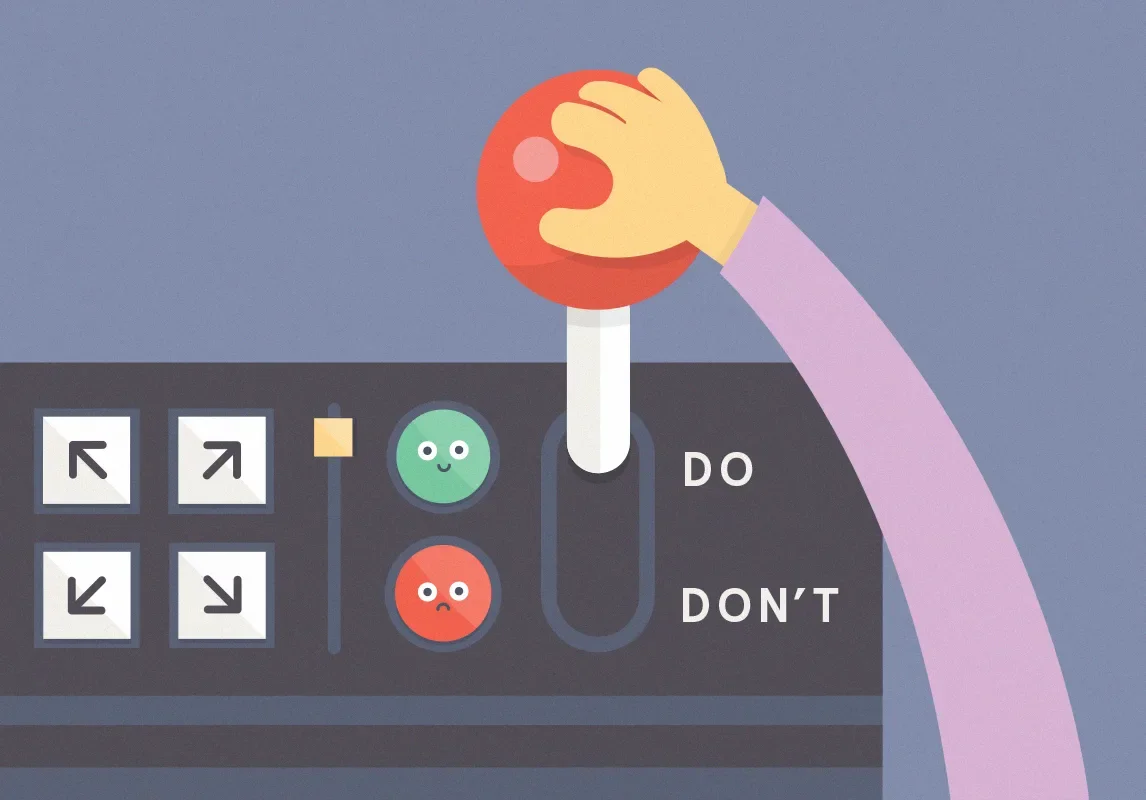Did You Know That Our Brains ‘Automate’ Other People?
Just like learning to ride a bike, once our brain masters the process, it ‘automates’ it - freeing us from having to think about every pedal and turn.
Surprisingly, we do something similar with people!
Our brains like to be efficient, so once we think we’ve figured someone out - how they feel, think, and react - we go on autopilot. We assume we already know who they are and how they’ll respond. But here’s the thing … people change.
As we grow through life, we learn, evolve, and shift. Our thoughts, feelings, and reactions don’t stay static - and yet, our brains often forget to update their ‘files’ on those closest to us.
In relationships, this can create tension.
If you and your partner seem to be having the same arguments again and again, chances are you’re both reacting to the version of each other that your brains automated years ago. You might be missing the opportunity to see each other as you truly are - right now.
A simple but powerful step to reconnecting is to get curious again.
Consciously take time to get to know your partner in this present moment. Ask questions you haven’t asked in a while. Notice how they’ve grown, changed, and deepened as a person.
At Kerrich Counselling, we help couples and individuals understand how the brain, emotion, and connection all interplay - so you can break free from old patterns and rediscover each other with openness and compassion.
Mindfulness Meditation and Impulsivity: What the Latest Science Reveals
Impulsivity doesn’t have to control you. With the right tools, you can create the space between impulse and action—and in that space, you can reshape your life.
Impulsivity is something we all wrestle with from time to time—whether it’s reaching for that extra snack when we’re not hungry, reacting sharply in a heated conversation, or struggling to focus when our attention wanders. But for many, impulsivity is more than an occasional challenge. It plays a major role in conditions such as ADHD, OCD, addictions, and other behavioral or emotional regulation difficulties.
A recent systematic review and meta-analysis published in Academia Mental Health and Well-Being (2025) pulled together findings from 52 studies conducted between 2008 and 2021. The results are striking: mindfulness meditation has a significant, measurable effect on reducing impulsivity—on behavioral, physiological, and even neurological levels.
Key Findings from the Review:
Behavioral Improvements
Mindfulness meditation (MM) consistently helped people pause before reacting. Across studies, impulsive behaviors dropped significantly (effect size: Cohen’s d = −0.52). This suggests that practicing mindfulness trains the mind to respond thoughtfully instead of reacting automatically.Physiological Changes
Impulsivity isn’t just “in the mind”—it’s tied to the body’s stress systems. Mindfulness practice lowered cortisol (the stress hormone), reduced craving-related salivation, calmed skin conductance responses, and balanced immune markers. In short, it regulates the nervous system.Brain-Level Shifts
Using EEG measures, researchers found that mindfulness reduces the brain’s impulsivity markers (like N200, Error-Related Negativity, and P300 responses). These are linked with the brain’s ability to notice mistakes, control impulses, and shift attention.
Why This Matters
We live in a world full of distractions, temptations, and pressures. Many of the most common struggles in modern society—ADHD, OCD, addictions, emotional reactivity—are deeply tied to impulsivity and self-regulation. What this study shows is that mindfulness meditation is not just a “relaxation technique.” It is a scientifically supported method that:
Strengthens impulse control
Reduces stress and reactivity
Helps retrain both mind and body for balance
How You Can Apply This
The beauty of mindfulness is that it’s accessible to everyone. You don’t need special equipment, and you don’t need hours a day. Even short, regular practices can begin to reshape patterns of thought, behavior, and physiology.
This is why I love teaching mindfulness meditation and other nervous system regulation tools. They offer practical ways to help with focus, emotional stability, and breaking free from reactive habits.
If you’re curious to explore mindfulness as a tool for greater self-control, resilience, and balance, I’d love to guide you. Whether you’re navigating ADHD, dealing with cravings, or simply wanting more calm and clarity in daily life—this is a path worth exploring.
Get in touch with me today to learn more about my mindfulness programs and personalised coaching.
Closing Thought:
Impulsivity doesn’t have to control you. With the right tools, you can create the space between impulse and action—and in that space, you can reshape your life.
More Than Meditation: A Surprising Path to Mindfulness for Kids These Holidays
What kind of mindful moment could arise if we simply stepped outside—and let nature lead? This school holidays, consider the simple gift of getting outdoors.
It’s winter school holidays here in Australia.
For many families, that can mean kids curled up indoors—on their phones, gaming consoles, or binge-watching YouTube. Screens offer entertainment and, at times, much-needed rest for tired parents. But behind the convenience lies a quieter concern.
As noted by child development specialist Arabella Hille, the overuse of devices is now being linked to significant declines in children's executive functioning. We’re seeing increasing rates of:
Emotional outbursts and frustration intolerance
Poor self-awareness
Rigidity and social disconnection
Procrastination and impulsivity
Left unaddressed, these patterns risk becoming chronic, following children into adulthood with consequences for relationships, career, and wellbeing.
So what would we hope for instead?
Presence. Regulation. Resilience. A sense of connection and enjoyment that is rooted in the now — not constantly mediated by pixels. This is where mindfulness comes in.
What is Mindfulness, Really?
Mindfulness is often defined as the practice of paying attention to the present moment, on purpose, and without judgment. It’s about being here—fully—and aware of one’s thoughts, feelings, and surroundings.
Researchers distinguish between:
State mindfulness: momentary awareness, cultivated by practices like breathing exercises or meditative focus.
Trait mindfulness: a more stable, enduring tendency to be present and aware, linked with long-term wellbeing.
And the benefits of mindfulness are compelling:
Improved emotion regulation
Increased life satisfaction
Reduced anxiety and stress
Better attention, memory, and interpersonal connection
Mindfulness meditation has long been the most studied way to boost these benefits. But it begs the question: Are there other ways to become more mindful—especially for children who might find meditation challenging?
The Study That Caught My Attention
In 2019, researchers Xia et al. conducted a comprehensive review of 69 different nonmindfulness-based interventions—activities that didn’t teach mindfulness explicitly, but still measured whether they improved mindfulness levels.
The results were fascinating.
While many interventions showed little or no change, some produced small to medium gains in mindfulness. These included physical activities, therapies, and programs focusing on body awareness or social interaction.
But one intervention stood out. By far the most impactful was a group hiking trip for 14-year-old boys.
This wasn’t a mindfulness retreat. There were no meditation cushions or formal instruction. Just teenagers in nature, navigating trails, facing challenges, and working together. The effects were striking—not only did their mindfulness levels increase dramatically, but they also reported greater life satisfaction and reduced stress.
Why Hiking Works (and Why It Matters Now)
Let’s break it down. A group hiking experience offers:
Disconnection from devices
Connection with peers (teamwork, shared experience)
Connection with nature (sensory immersion, stillness)
Physical activity (endorphin boost, embodiment)
Challenge and reward (building self-efficacy and focus)
All of these, together, form a powerful foundation for cultivating mindfulness. And in a post-Covid world—where lockdowns, isolation, and increased screen dependency have left lasting marks on our kids—the need for embodied, real-world connection has only grown.
So what can we take from this?
Mindfulness meditation is still an incredibly valuable practice. But it’s not the only path. Especially for children and teens, alternative approaches—like time in nature, purposeful group activity, and screen-free physical challenges—can offer profound benefits.
This school holidays, consider the simple gift of getting outdoors.
It doesn’t need to be grand or remote. A local bushwalk, a group camping weekend, or even a beach trek can become a gateway—not just away from screens, but into the present moment.
What kind of mindful moment could arise if we simply stepped outside—and let nature lead?



